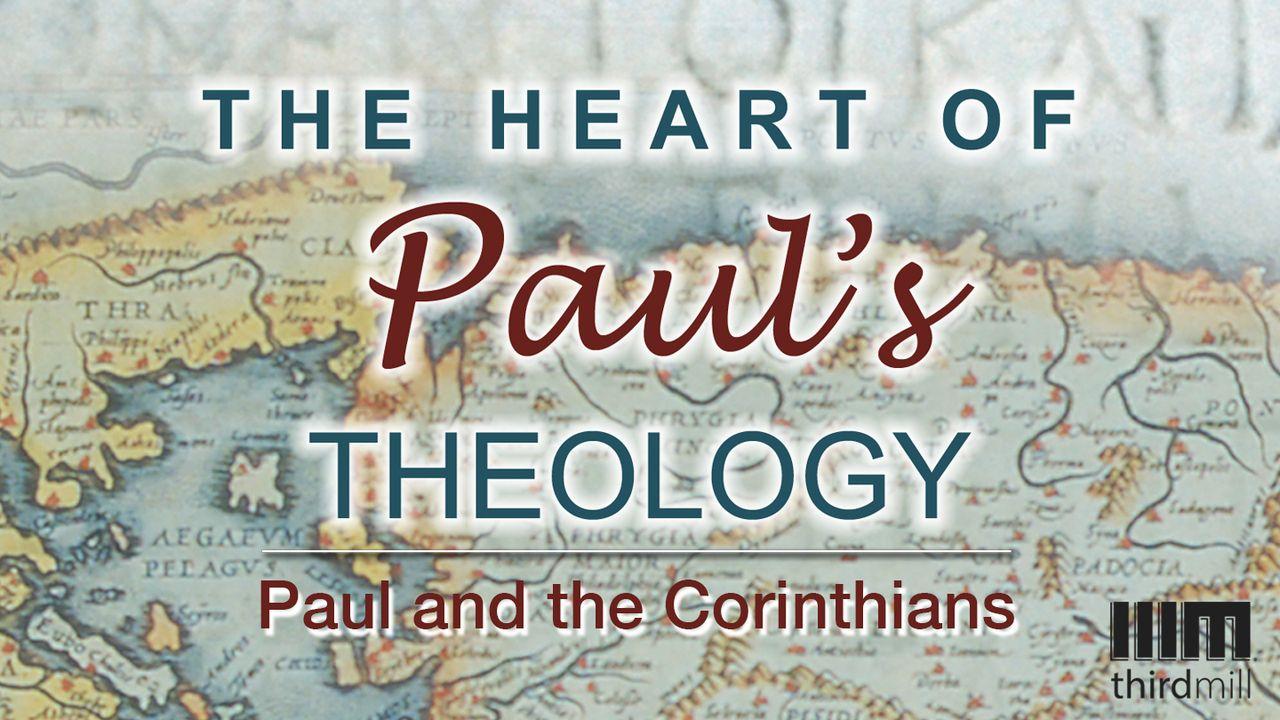The Heart Of Paul’s Theology: Paul and the CorinthiansExemplo

Hope in Christ: 1 Corinthians 15:19-24
A second way Paul attempted to correct the Corinthians’ eschatology was by reminding them of the provisional nature of their blessings. Even though the Corinthians were enjoying many blessings of the age to come, the present age of sin and death had still not passed away. For example, in 1 Corinthians 7:31, Paul wrote that:
The form of this world is passing away.
He made a similar statement in 1 Corinthians 2:6 when he wrote:
The rulers of this age … are being cut off.
And in 1 Corinthians 15:50, he added:
Flesh and blood cannot inherit the kingdom of God.
Of course, the Corinthians knew that they were of flesh and blood, so this statement indicated to them that they could not, in their current state of existence, receive their full eternal rewards. Similarly, Paul argued in 1 Corinthians 4:8 that the Corinthians had not yet begun to reign with Christ. That would be another aspect of life in the fullness of the age to come.
Perhaps the longest argument Paul made that applies directly to the doctrine of hope can be found in 1 Corinthians 15. There, Paul refuted those who denied the future bodily resurrection of all believers. As we have seen, at least some Corinthian church members believed that they were already enjoying most, if not all, of the benefits of the age to come. They were so sure that all the benefits of the kingdom had already arrived, they believed they had nothing left to look for. But in 1 Corinthians 15, Paul made it very clear that some huge events must still occur, and some incredibly significant changes must still take place before the age to come arrives at all its fullness. He summarized these changes in 1 Corinthians 15:22-24:
In Christ all will be made alive. But each in his own order: Christ is the firstfruits; and then those that are in him at his coming. Then it will be the end, when he gives the kingdom to God the Father, when he has cut off all rule, authority and power.
Believers must be raised from the dead just as Christ had been, but their resurrection will not take place until Christ returns. Then, they will spend eternity with Him in their glorified bodies. His return, and their resurrection, will signal the end of the present age with its rule, and authority, and power.
Since Christ had not yet returned, and the resurrection had not yet taken place, the Corinthians, despite what they thought, were not yet living in glory. As he wrote in 1 Corinthians 15:19:
If we have been hoping in Christ for this life only, we are more pitiable than all men.
By speaking plainly of the provisional nature of the present world, Paul hoped to give the Corinthians a realistic perspective on their lives and their church. And he hoped that this new perspective would cause them to repent of their arrogance and sin.
Escritura
Sobre este plano

This reading plan explores the background to Paul's letters to the Corinthians, examines the structure and content of First and Second Corinthians, and reveals his eschatology.
More





